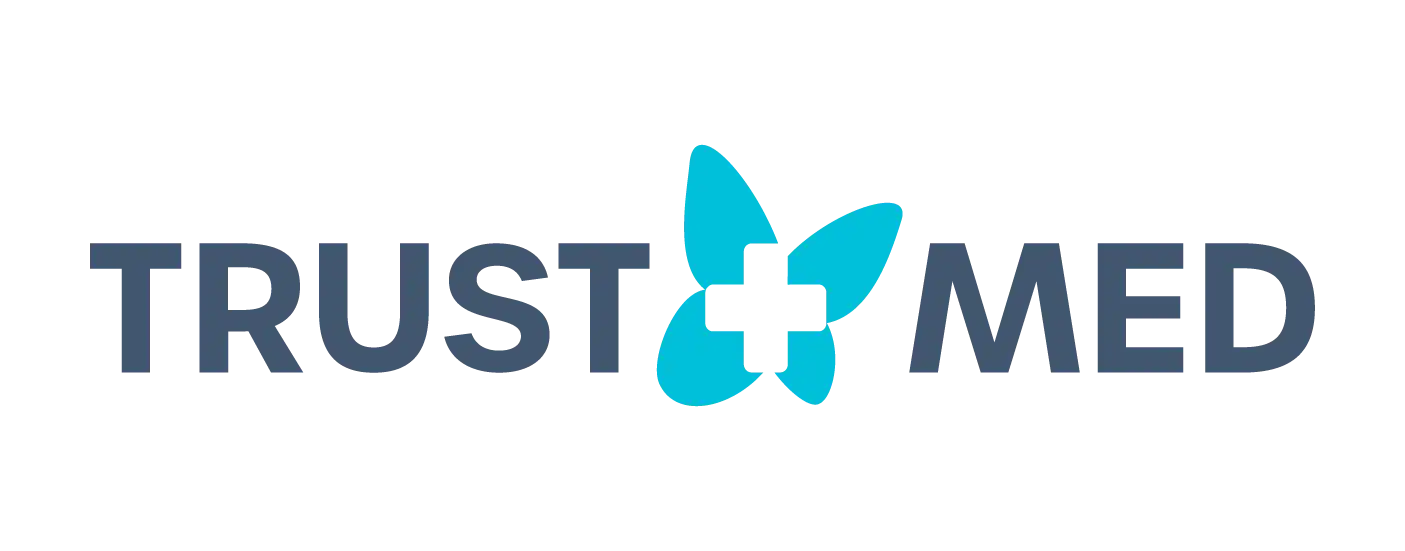TrustMed Clinic : Foods to Eat and Avoid After Liposuction

Why Nutrition Matters After Liposuction
Liposuction removes fat cells from targeted areas of your body, reshaping your figure. But your body needs proper nutrition to:
- Support tissue repair
- Reduce inflammation and swelling
- Prevent fluid retention
- Avoid weight gain that could affect results
At Trustmed Clinic, we provide comprehensive dietary advice as part of your post-operative care, ensuring your recovery is smooth, safe, and sustainable.
Top Foods to Eat After Liposuction
1. Lean Protein
Protein is essential for wound healing, muscle maintenance, and tissue regeneration. Aim for:
- Skinless chicken
- Turkey
- Eggs
- Tofu
- Lentils
- Low-fat Greek yogurt
Tip: Try to include protein in every meal to promote healing and energy.
2. Fresh Fruits and Vegetables
Packed with antioxidants, vitamins, and fiber, produce helps reduce swelling and prevent constipation, which is common after surgery due to limited movement and medication.
Best choices:
- Berries (rich in vitamin C)
- Spinach, kale, broccoli (anti-inflammatory)
- Carrots and sweet potatoes (vitamin A for skin repair)
- Bananas (potassium helps manage fluid balance)
3. Whole Grains
Unlike processed carbs, whole grains support steady energy and digestive health, helping you avoid spikes in blood sugar and fatigue.
Include:
- Oats
- Brown rice
- Quinoa
- Whole wheat bread or pasta
Tip: Start your day with oatmeal and fruit for a healing, fiber-rich breakfast.
4. Healthy Fats
Essential fatty acids help reduce inflammation and support skin health. Choose:
- Avocados
- Olive oil
- Flaxseeds or chia seeds
- Nuts and seeds (in moderation)
- Fatty fish like salmon or mackerel
5. Plenty of Water
Hydration is one of the most important post-lipo strategies. It:
- Aids lymphatic drainage
- Helps flush anesthesia and toxins
- Prevents water retention
- Reduces swelling
Drink 2–3 liters per day, and include herbal teas or infused water for variety.
Foods to Avoid After Liposuction
1. High-Sodium Foods
Sodium increases water retention and swelling, which can prolong healing and cause discomfort.
Avoid:
- Processed meats (salami, ham)
- Canned soups
- Packaged snacks
- Fast food
- Store-bought sauces and condiments
Tip: Cook fresh meals with herbs and spices instead of salt.
2. Sugary Foods and Beverages
Excess sugar can trigger inflammation, weaken immunity, and lead to fat accumulation if not burned off.
Avoid:
- Soda and energy drinks
- Pastries and candies
- Sugary cereals
- Sweetened coffee drinks
3. Refined Carbohydrates
White bread, white rice, and pasta offer little nutritional value and can slow recovery.
Choose whole grain alternatives instead to stay energized and reduce post-op bloating.
4. Alcohol
Alcohol dehydrates the body, slows healing, and can interact dangerously with post-op medications like antibiotics or painkillers.
Avoid all alcohol for at least 2 weeks post-surgery, or longer based on your surgeon’s recommendation.
5. Fried and Fatty Processed Foods
Greasy foods cause inflammation and can make you feel sluggish and bloated—counterproductive to a smooth recovery.
Skip:
- French fries
- Fast food burgers
- Deep-fried snacks
- Store-bought baked goods with trans fats
Sample 1-Day Recovery Meal Plan
Breakfast
- Scrambled eggs with spinach and avocado
- Whole-grain toast
- Herbal tea or water with lemon
Lunch
- Grilled chicken breast
- Quinoa salad with cucumbers, cherry tomatoes, olive oil
- Mixed fruit bowl
Snack
- Low-fat Greek yogurt with berries and chia seeds
Dinner
- Baked salmon
- Steamed broccoli and sweet potato
- Chamomile tea
Hydration
- Minimum 8 glasses of water throughout the day
Additional Nutrition Tips from Trustmed Clinic
- Eat small, frequent meals to avoid bloating
- Take any prescribed supplements (iron, vitamin C) as directed
- Consider probiotic-rich foods (like kefir or yogurt) to support gut health, especially if taking antibiotics
- Speak to your Trustmed coordinator for a custom meal guide based on your procedure and healing speed
Why Trustmed Clinic Supports Nutrition in Recovery
At Trustmed Clinic, we believe surgery is just one part of your transformation. That’s why we:
- Include nutritional guidance in our post-op care
- Offer 1-year follow-up to track recovery
- Operate with board-certified surgeons in JCI-accredited hospitals
Provide all-inclusive recovery packages with support at every step.
Frequently Asked Questions
We recommend following a nutrient-dense, low-sodium diet for at least 2–4 weeks. However, for long-term results, it’s ideal to continue these habits indefinitely.
Supplements may support recovery but should never replace real meals. Whole foods offer fiber, antioxidants, and hydration that pills cannot replicate.
Your new diet should support your results. Going back to unhealthy habits can lead to fat accumulation—even in areas not treated by liposuction.
Yes. Poor nutrition can increase swelling, delay healing, and make it easier for fat to return. Healthy eating is essential for preserving your new shape.






